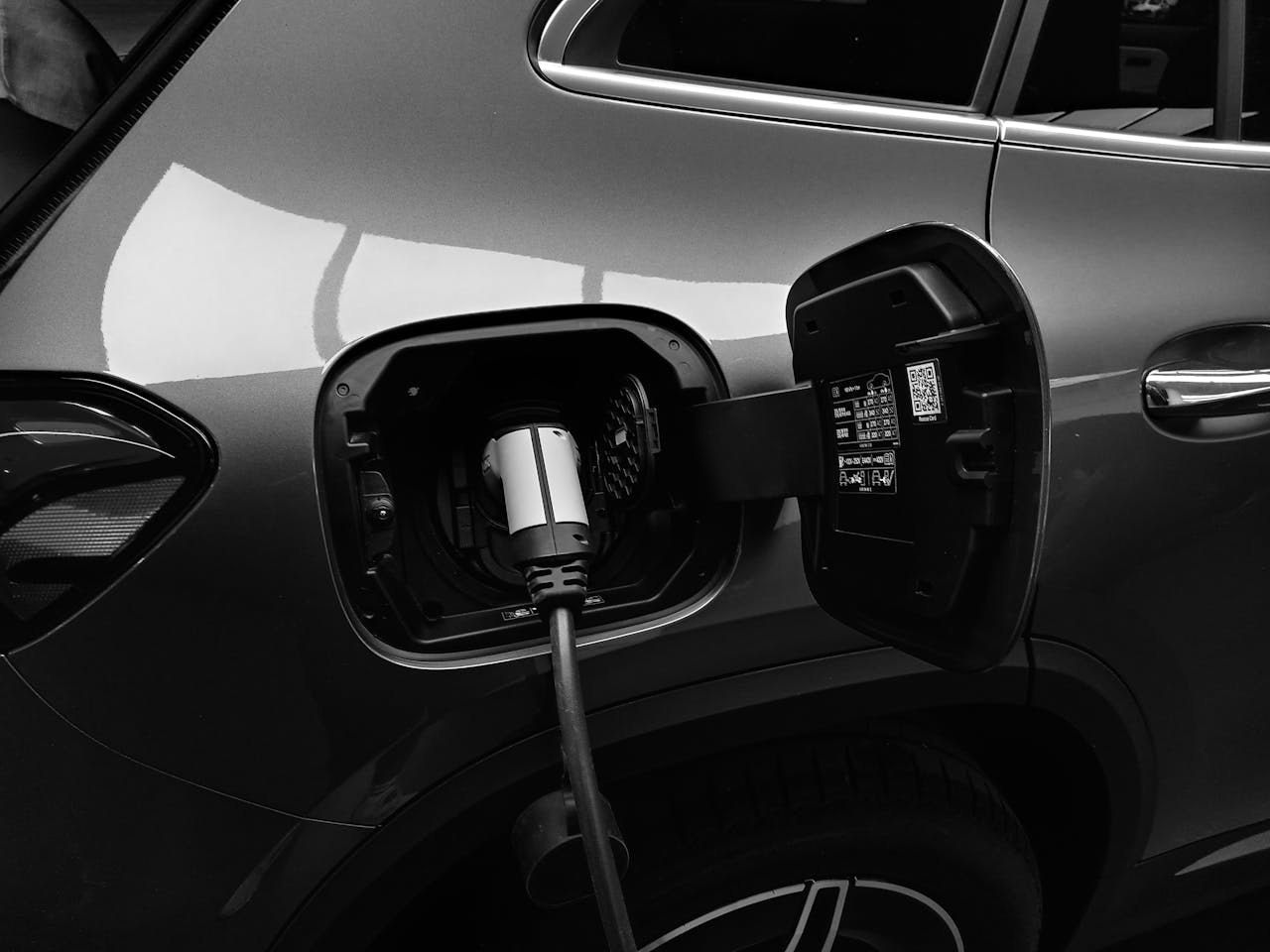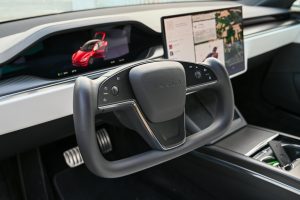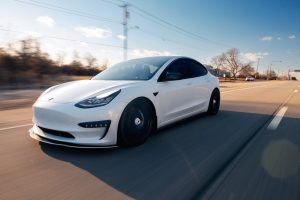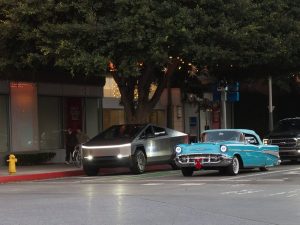1. Daily Commuters with Stable Driving Patterns
If your daily commute is relatively stable—say within 30 to 80 kilometers—a pure electric vehicle is a natural fit. According to U.S. Department of Transportation data in 2025, over 60% of American drivers travel less than 50 kilometers daily. With most EVs now offering 400-600 km ranges, even charging once every few days is sufficient. If your workplace or home has charging facilities, the overall convenience significantly improves.
2. Homeowners with Private Parking
EV users with private garages or fixed parking spaces gain a clear cost advantage in daily use. Home charging in the U.S. or Germany averages about $0.12/kWh, which translates to approximately $3–5 for 400 kilometers. In contrast, gas costs for the same range are typically $20–30. Besides, private chargers allow for off-peak night-time charging, saving even more. In 2025, many local governments in the U.S. and UK still offer installation subsidies and tax credits for private charging stations.
3. Environmentally-Conscious Consumers
If you value environmental responsibility, EVs are a strong statement. According to 2025 research from the European Environment Agency, an EV emits 40–70% less carbon over its full life cycle than a gas-powered car. Choosing an EV also indirectly supports renewable energy adoption and green industry development. Especially in California, Sweden, and the Netherlands, eco-conscious consumers are key drivers of the EV wave.
4. Tech Enthusiasts and Early Adopters
If you’re passionate about new technology, EVs are more than just a car—they’re a smart tech ecosystem. From Tesla’s FSD (Full Self-Driving) Beta to NIO’s assisted navigation and BYD’s advanced cockpit systems, EVs have become synonymous with innovation. OTA updates, smart voice assistants, and app-based controls redefine the car experience. For tech lovers, EVs offer a completely different level of interaction.
5. Urban Drivers with Limited Long-Distance Needs
For users in urban centers, short-range and frequent stop-and-go traffic are typical scenarios. EVs have strong low-speed torque and excellent stop-start efficiency. Many cities offer special EV benefits—priority lanes, parking discounts, or congestion fee waivers. In 2025, London, Oslo, and Shanghai all provide such incentives, making EVs an excellent choice for city driving.
6. Rideshare Drivers & Delivery Services
With rising fuel prices and increasing mileage, rideshare or logistics drivers are especially suited to EVs. EVs offer low per-kilometer costs and less maintenance (no oil changes or transmission issues), greatly improving profitability. In the U.S., over 30% of new Uber and Lyft vehicles purchased in 2024 were electric, according to company disclosures.
7. Who May Not Yet Be Suited for an EV?
EVs aren’t ideal for everyone. If you:
- Live in apartments without charging stations and your area lacks reliable public chargers
- Frequently drive long distances and still worry about charging speed or network
- Work in extreme cold zones (like parts of Canada or Northern Europe), where battery efficiency drops significantly
- Often tow heavy loads or engage in off-roading
You might be better off waiting for newer EV technologies (solid-state batteries, longer-range models) or choosing a plug-in hybrid (PHEV) as a transitional option.
8. Simple Self-Test: Are You Suitable for Driving an EV?
| Evaluation Dimension | Yes ✅ | No ❌ |
|---|---|---|
| Do you have a fixed parking space or the ability to install a home charger? | ✅ | ❌ |
| Is your average daily commute less than 100 km (about 62 miles)? | ✅ | ❌ |
| Does your place of residence support EV policies (e.g., traffic restrictions, charging subsidies)? | ✅ | ❌ |
| Do you have a certain budget and are you okay with upfront costs? | ✅ | ❌ |
| Are you willing to learn new technologies and accept updates like OTA? | ✅ | ❌ |
Results Interpretation:
- ✅ More than 3 “Yes” answers → You are basically suitable for an EV and should seriously consider switching.
- ❌ Fewer than 2 “Yes” answers → You may want to hold off for now or consider a plug-in hybrid or traditional gas vehicle.
Frequently Asked Questions
Q1: Is it worth buying an EV if I can’t install a home charger?
A1: It depends. If your area has sufficient public fast chargers (like in major cities), it might still be convenient. However, lack of home charging can reduce cost savings.
Q2: Will EVs still get government subsidies in 2025?
A2: Yes, though they are being phased out gradually. Some regions still offer purchase credits, tax breaks, and charging installation rebates.
Q3: Are EVs really cheaper to maintain?
A3: Generally, yes. EVs have fewer moving parts, no oil changes, and lower brake wear due to regenerative braking.
Q4: Do EVs perform worse in cold climates?
A4: Battery efficiency does decline in cold weather. New models are improving, but for extreme conditions, consider EVs with heat pumps or PHEVs.
Q5: Can I take an EV on a long road trip?
A5: Yes, but planning is essential. In 2025, charging networks are much improved in North America and Europe. Use apps to locate high-speed chargers along your route.



